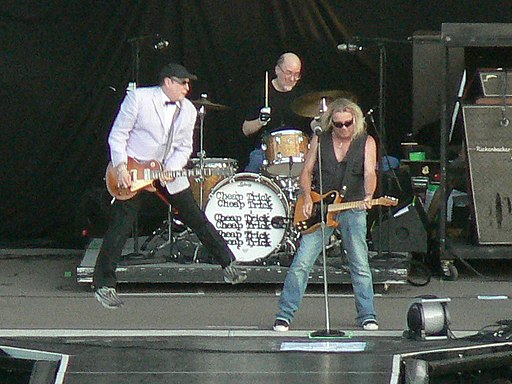NFL Football requires a fast internet connection in order to play effectively; if your Wi-Fi speed falls short of expectations, consider using a VPN service instead.
To score points, an offense must advance at least ten yards over four downs or plays; otherwise, possession is handed back over to defense.
Origins
Football has an extensive history. Originating at universities across America during the late 19th century, this gridiron sport eventually evolved from rugby and soccer.
Walter Camp, a Yale student, developed the revolutionary blocking technique that revolutionized American football. Inspired by an ancient military formation, this revolutionary strategy allowed teams to advance the ball further distances.
Post World War II, the NFL began competing with college football for fans’ attention. Rules changes and innovations such as T formation made the game faster and more exciting; additionally, minority players were recruited into the league while it adapted a more formal organizational structure.
Rules
American football requires its players to wear uniforms with numbers on the back that cannot be changed during play; this rule serves to protect players from dangerous practices or unlawful contact between other players, and to prevent injuries during contact sports practices. After each game and during practice weeks, players are available for interview by media representatives and must make themselves available regularly for interviews by media personnel.
NFL rules dictate that in order to begin any play, the ball must first be placed at a specific spot on the line of scrimmage before any play can begin. A center then hands over to one of their backs or quarterbacks who either throws or runs with it. Each team gets four downs to advance 10 yards on a play.
Offense
The National Football League’s most successful offenses fill stadiums and draw television viewers, drawing more fans into game day than their defensive counterparts can ever hope to do. While defense plays an integral part in selling tickets and creating betting action, scoring points are what sell tickets and spark betting action. Use Sportsnaut’s odds page’s NFL offense rankings for an in-depth understanding of why these teams win so often.
The NFL season includes three preseason games, an 18-week regular season (each team plays 17 games), and a single-elimination playoff that leads to the Super Bowl. Rankings are calculated using total offensive yards; for more details about their calculations please click each heading.
Defense
Defense players attempt to stop the offense from progressing the ball by stopping running plays or sacking quarterbacks; intercepting passes for touchdown returns may also be utilized as means of stopping progress.
Under certain defensive formations, teams may remove one of their linebackers or defensive linemen to provide extra pass coverage. This approach is known as nickel defense as it employs five defensive backs; often coupled with strong and free safeties. Together these players, known as safeties, help the corners provide deep-pass coverage while providing another layer of defense against run plays.
Special teams
Special teams don’t get as much recognition as offensive and defensive units, yet their roles remain integral to a game’s outcome. From field goals being kicked in by kickers or punters to keeping opponents deep within their own territory, special teams can have a dramatic effect on outcome of matchups.
Special teams teams consist of kickers and punters as the focal points, using precision and nerve to break open opponents’ uprights. Long snappers must deliver flawless snaps without losing possession, and special teams also include return and kickoff coverage teams that seek to push opponents away from their end zones.
Time-outs
Each team is entitled to three timeouts per half. When calling a timeout, its use must be reported immediately to either a referee or game official for consideration and will result in play being suspended until its next down is initiated by one or both teams.
Teams should avoid falsifying injuries to gain extra timeouts; doing so would constitute illegal timeout and lead to a 10-second runoff of their 40-second play clock.
Whenever a timeout is taken after either the two-minute warning or end of period, officials will subtract 10 seconds from the game clock before setting it back at 30 seconds and giving an ‘all clear’ signal before permitting play to resume on an “available for play” signal.
